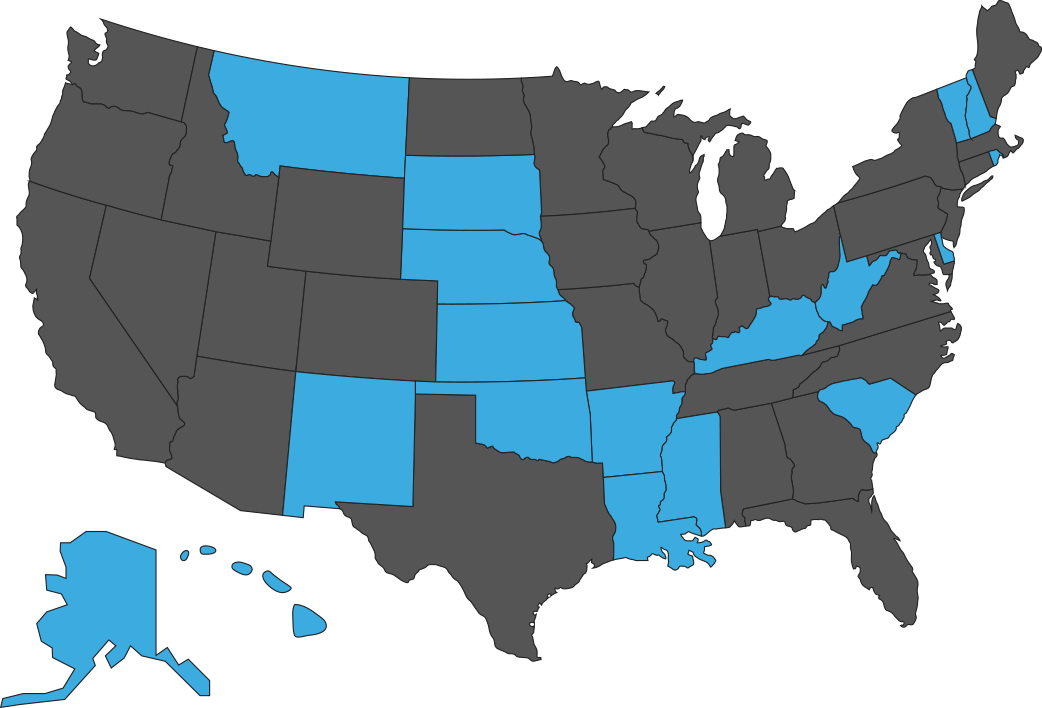_ Summary
0 of 5 Questions completed
Questions:
Information
You have already completed the _ before. Hence you can not start it again.
_ is loading…
You must sign in or sign up to start the _.
You must first complete the following:
Results
Results
0 of 5 Questions answered correctly
Your time:
Time has elapsed
You have reached 0 of 0 point(s), (0)
Earned Point(s): 0 of 0, (0)
0 Essay(s) Pending (Possible Point(s): 0)
Categories
- Not categorized 0%
- Matching 0%
- 1
- 2
- 3
- 4
- 5
- Current
- Review / Skip
- Answered
- Correct
- Incorrect
-
Question 1 of 5
1. Question
Match each sort element in the top box to its definition in the bottom box by dragging and dropping.
Sort elements
- Sample or group of participants
- Serves as a basis for a study design and must advance knowledge or practice
- Both arms are equally effective
- Patient or participant
- One group is not as good as the other but not enough to make a difference
- Detecting a difference between groups, treatments, or study arms
-
Arm
-
Research question
-
Equivalence
-
Subject
-
Non-inferiority intervention
-
Superiority intervention
CorrectIncorrect -
Question 2 of 5
2. Question
Match each sort element in the top box to its definition in the bottom box by dragging and dropping.
Sort elements
- An investigator looks at "snapshot" of the disease characteristics in a defined population as a specific point in time
- An investigator follows a group of participants that does not exhibit the condition or outcome at the start of the study over time. Comparisons are then made within the group and between participants who develop the outcome and those who do not.
- An investigator follows a group exhibiting a condition or outcome over an extended period of time, usually years.
- An investigator collects data from a past event.
-
Cross-sectional study
-
Prospective study
-
Longitudinal study
-
Retrospective study
CorrectIncorrect -
Question 3 of 5
3. Question
Which of the study types can show association but not causality.
CorrectIncorrect -
Question 4 of 5
4. Question
Intervention studies differ from observational studies because they (select all that apply):
CorrectIncorrect -
Question 5 of 5
5. Question
What are the characteristics of an ideal intervention study? Select all that apply.
CorrectIncorrect


